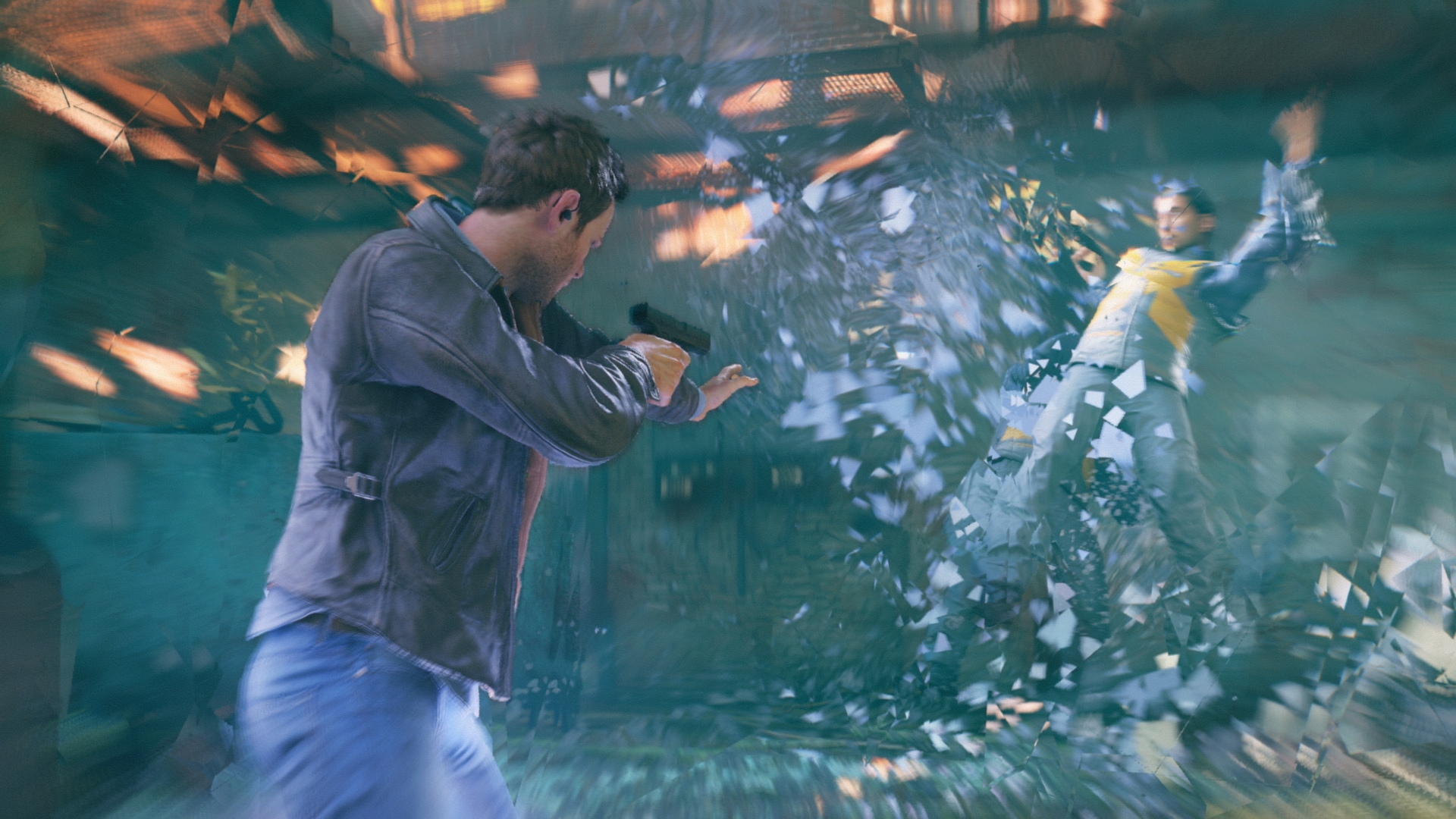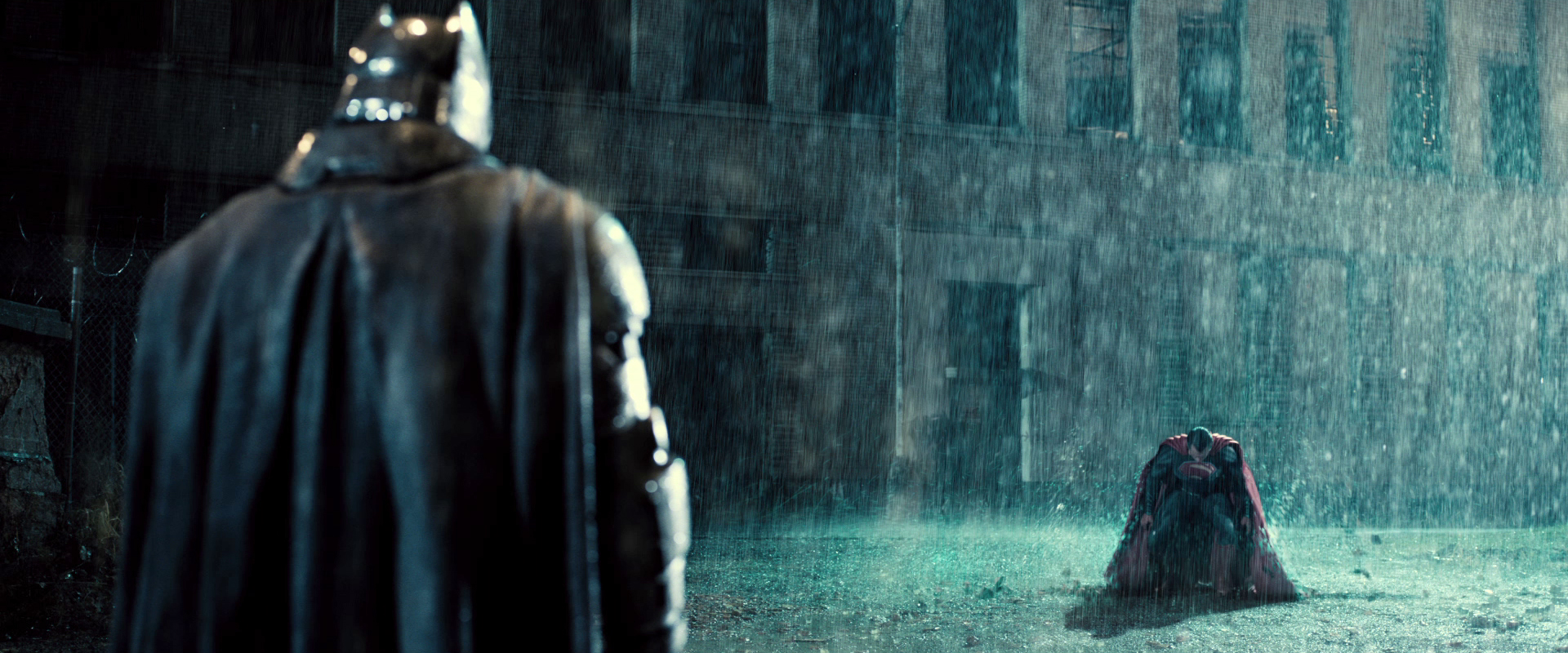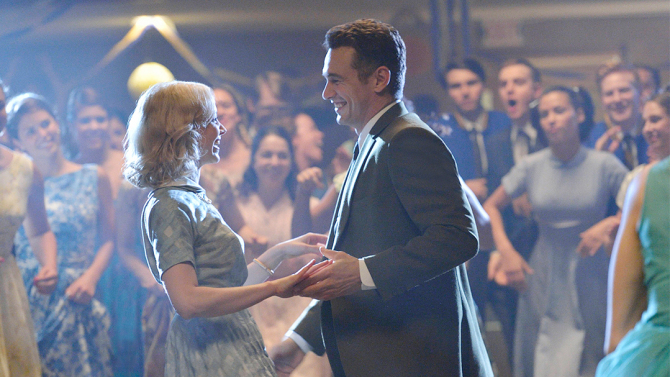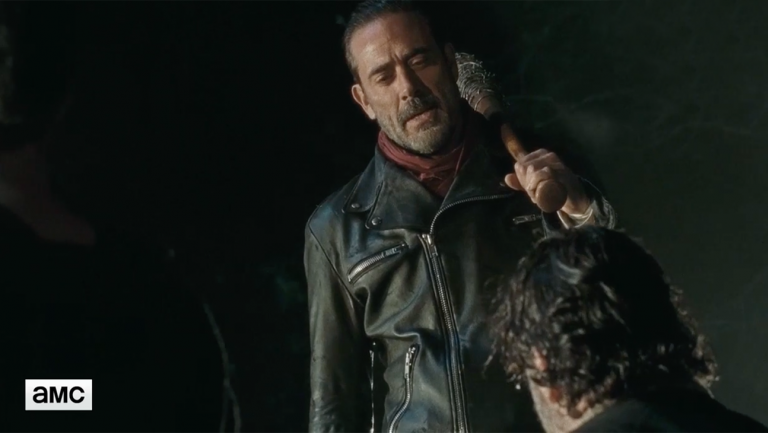There are two different moments in Better Call Saul’s second season in which a character defends Jimmy McGill to his brother Chuck while knowing that Jimmy i in the wrong. First, it’s Kim Wexler insisting that Jimmy did not alter the address of Chuck’s Mesa Verde documents, and then in the finale, it’s Chuck’s assistant Ernie claiming that he called Jimmy to help Chuck after his accident. In neither case is the audience actually told that the defending character knows what Jimmy is up to, but based solely on how well the characters are defined, we know that they’re aware. Beyond that, we understand why they lie. As sneaky as Jimmy is, and however unfair or illegal his methods, we know where he’s coming from, we like him, and it’s not at all surprising that the characters in the show feel the same way.
Like Breaking Bad, Better Call Saul is sometimes subtle but rarely ambiguous. Vince Gilligan, Peter Gould, and the whole team of writers, directors, and editors are masters at getting complex characterizations across in the most direct (and often visual) ways. They use color, and montages, and careful scene construction to establish the tone of the show and the motivations of the characters.




